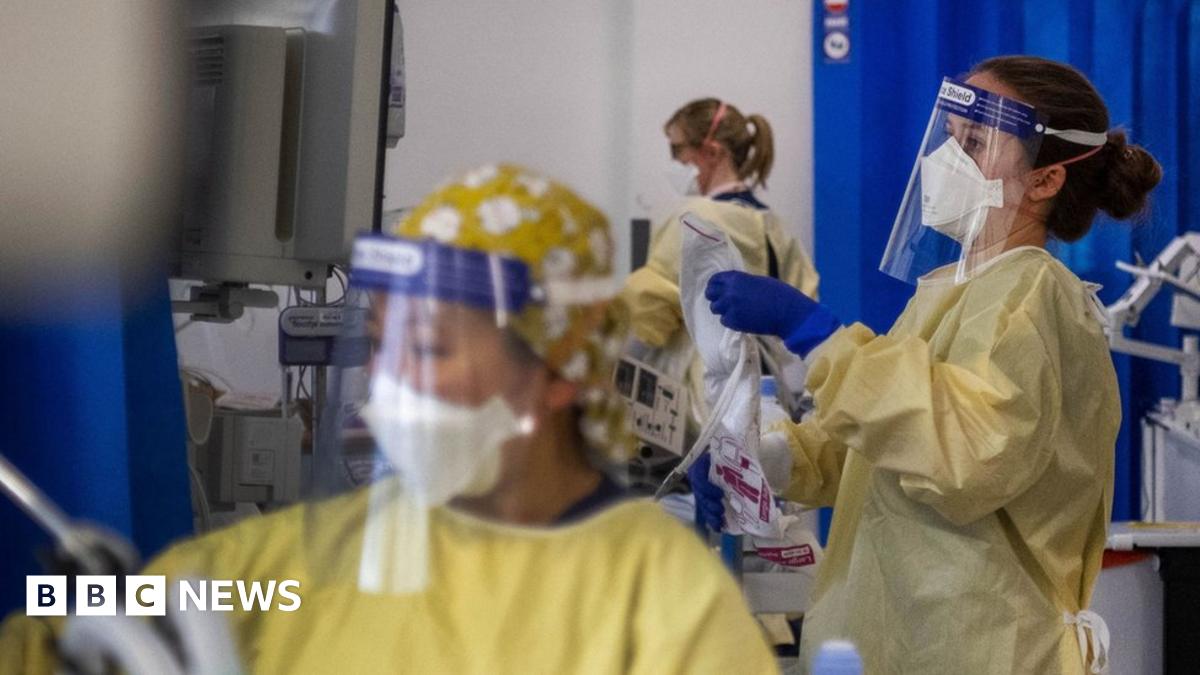Amity Island
Well-Known Member
- Relationship to Diabetes
- Type 1
I'm talking about telling thousands of people they have COVID when they don't. It's not semantics.Actually the nhs talks about symptoms and what to do not positive tests. So the misinformation is yours here. https://www.nhs.uk/conditions/covid-19/covid-19-symptoms-and-what-to-do/
And yet again, a positive test means you have the virus within you and therefore the ability to spread it to others whether you have “disease” ie symptoms or not. You are still playing semantics about the use of the word disease rather than looking at the reasoning and purpose behind the advice to stay home (to reduce infecting others)
If I can try to explain another way. Some believe Type 1 Diabetes is caused by a virus. Testing positive for a virus is NOT the same as having diabetes. Do you agree? It's not semantics.
Thus, telling people we have X number of people in hospital with COVID is not the same as X number of people in hospital with a positive test (in hospital for other reasons). But the two were reported as being the same thing, which is clearly not the same thing. It's not semantics.
Btw, a positive test doesn't even mean one has the virus either. The cycle thresholds were ran at such high replications (a billion times), one could probably find any virus. Plus, the tests do not look for viruses, but only fragments of a sequence of rna.

